
New Programme to Tackle NHS Bullying, Harassment and Abuse Announced
A 16-month programme aimed at closing the ethnicity gap in bullying, harassment and abuse claims has been announced by the NHS Race and Health Observatory.
Comment and analysis on key issues on ethnic health inequalities in health and social care.

A 16-month programme aimed at closing the ethnicity gap in bullying, harassment and abuse claims has been announced by the NHS Race and Health Observatory.

A strategic partnership with the NHS North Thames Genomic Medicine Service (NT GMS) designed to ensure better access, understanding and information to genomic medicine and research has been announced by the NHS Race and Health Observatory.
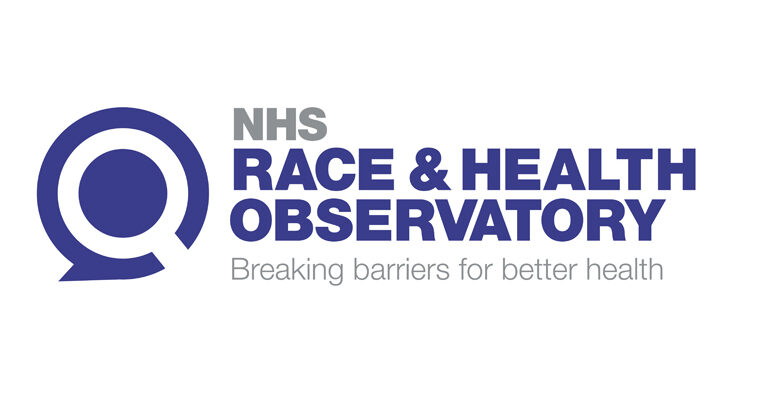
In the aftermath of Hurricane Melissa which has brought devastation across Jamaica, the NHS Race and Health Observatory extends its heartfelt condolences and unwavering support to all those affected.

Responding to the government’s new measures outlined to tackle antisemitism and racism across government and the NHS, Professor Habib Naqvi, chief executive of the NHS Race and Health Observatory, said:

An opportunity to work with us to review routes of access for dementia diagnosis and care services in England.
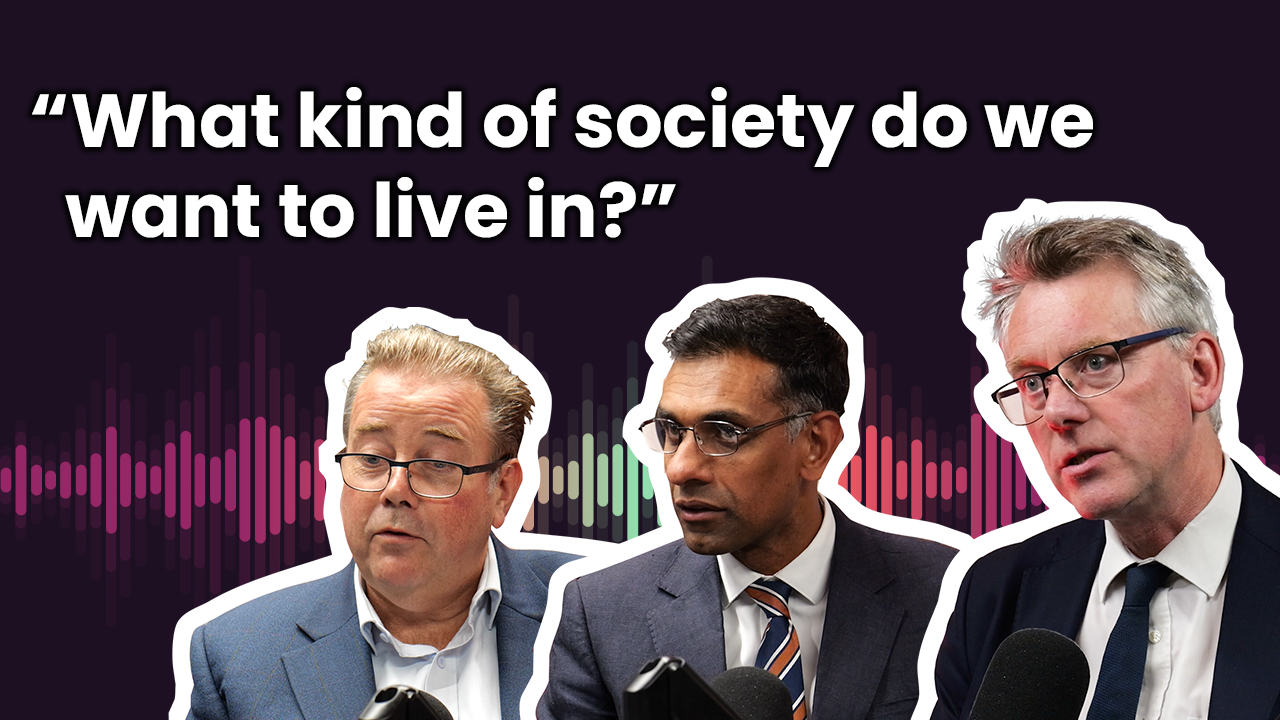
Professor Habib Naqvi, RHO chief executive speaks alongside Sir Julian Hartley, chief executive of the CQC and Charlie Massey, chief executive of the GMC on the Voices of Care podcast.
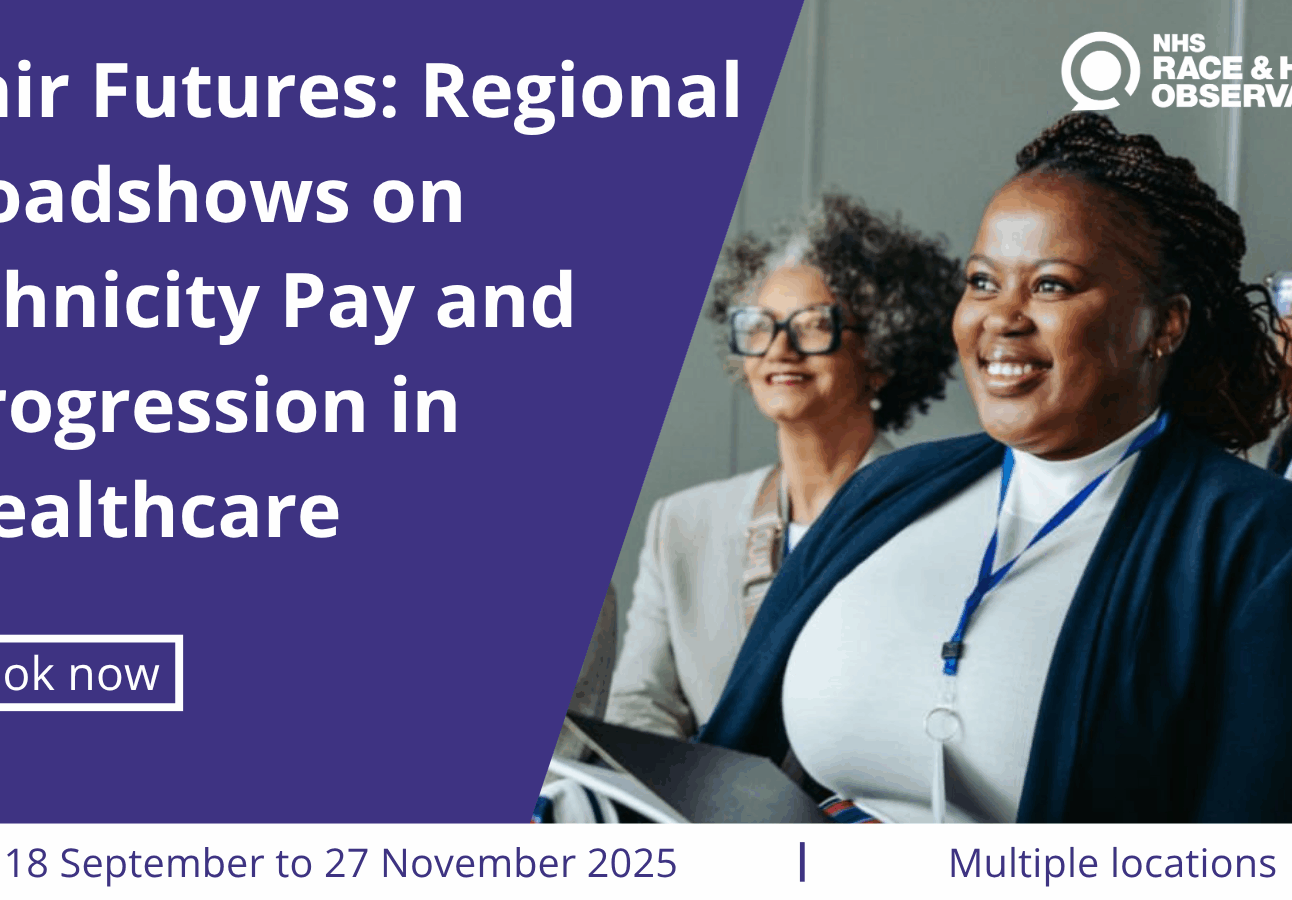
A series of national and regional roadshows launch in Manchester this week to address the ethnicity pay and progression gap impacting the NHS workforce.

Responding to the future elective recovery plan, Sam Rodger, Assistant Director, Policy and Strategy of the NHS Race and Health Observatory, said:
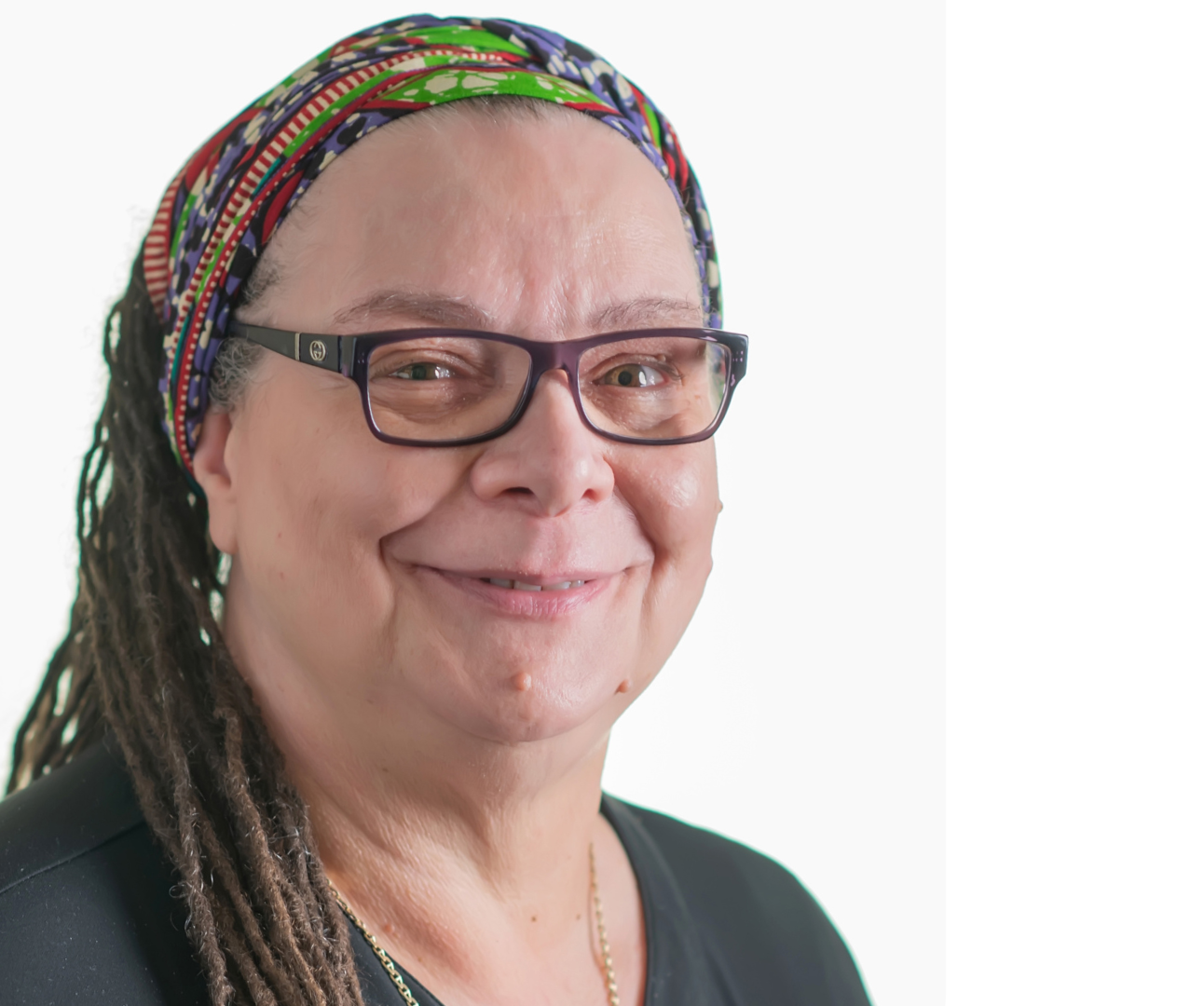
The Chair of the NHS Race and Health Observatory, Marie Gabriel, has been made Dame Commander of the Order of the British Empire (DBE) in His Majesty the King’s 2025 New Year’s Honours.

A series of three short films released today, and supported by the NHS Race and Health Observatory, explore the spate of suicides amongst Britain’s 600,000 Gypsy, Roma and Traveller people
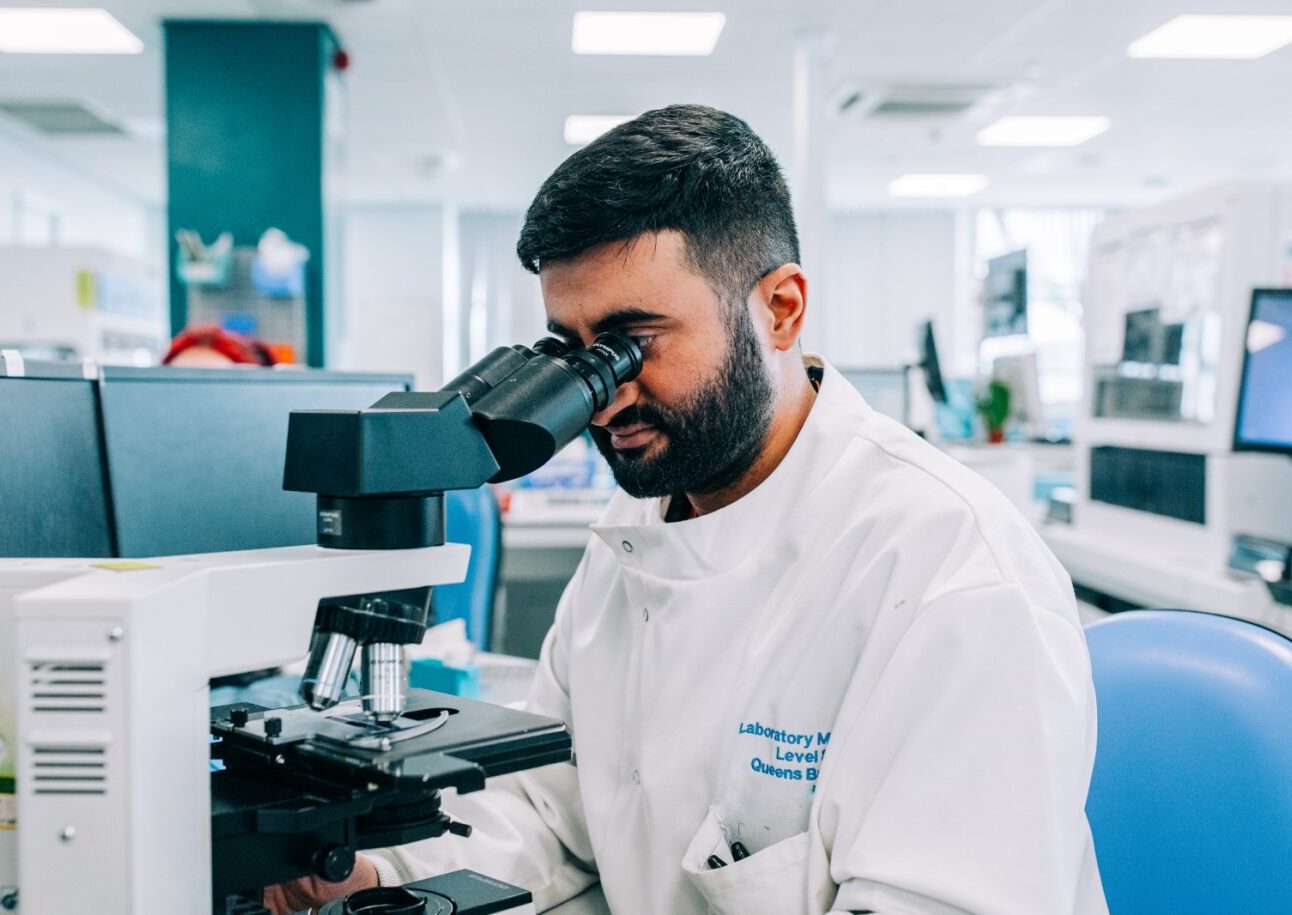
Generations of Black, Asian and minority ethnic communities could reap the benefits of genomic and precision medicine following the commissioning of a new study.

The NHS Race and Health Observatory (RHO) today (8 November) engaged on its key ambitions and future priorities to tackle racial health disparities across England.

Responding to the State of Care report, Sam Rodger, Assistant Director, Policy and Strategy of the NHS Race and Health Observatory said:

Barriers faced by children and young people living with sickle cell as they transition from NHS paediatric to adult health care providers are set to be explored and tackled.

Responding to the Darzi Review findings, Professor Habib Naqvi, chief executive of the NHS Race and Health Observatory said:

Response to today’s HSSIB investigation report which highlights how discrimination is preventing NHS temporary workers speaking up.